编者按:时值建党百年,为实现党建联动区域化、促进党史教育机制化,上海外国语大学与上海龙华烈士陵园举办签约共建仪式,开展建党百年专题活动,引导广大青年在学思践悟中传颂先辈故事、坚定理想信念。上外英院龙陵青年志愿服务队从译介角度进行实践,讲演中国共产党人的革命故事,积极推广文化译介新理念,助力红色文化“走出去”。
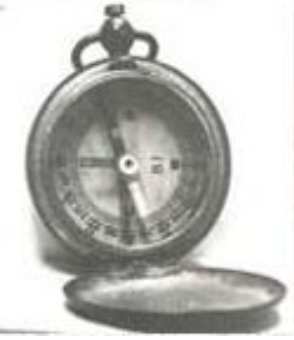
图为1926年彭干臣缴获的指南针(口径4.5cm)
朗读者:2020级本科生 金佳琳
这枚指南针是1926年彭干臣率队攻占武昌城时缴获的战利品。指南针材料为钢制,翻盖式样,外表盘中间刻有箭头。
This compass is a trophy of war that Peng Ganchen seized when he and his fellow soldiers retook Wuchang City in 1926. It's a steel-made, flip-open compass with an arrow engraved at the center of the protective cover.
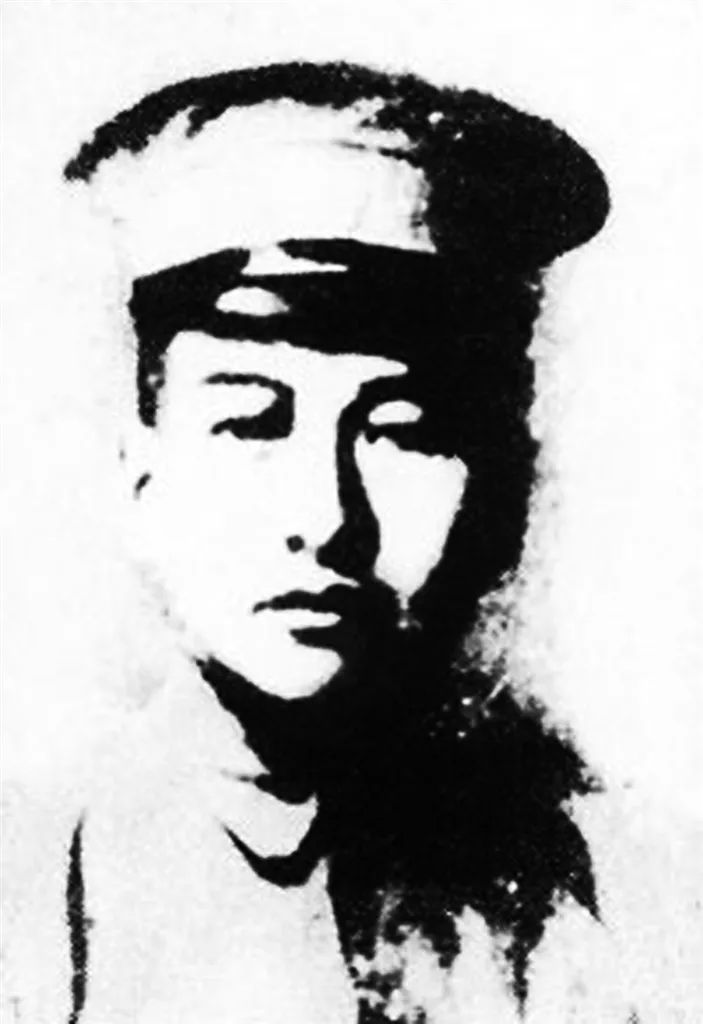
图为彭干臣像
彭干臣(1899-1935),安徽英山(今湖北)人。1923年参加中国共产党。1925年赴莫斯科东方大学学习。1926年回国,参加北伐战争。1927年参加上海工人第三次武装起义,参与南市区军事指挥。不久参加南昌起义,任南昌公安局长兼卫戍司令。1928年任中共中央军事委员会委员,次年负责主持中央军事训练班。1932年到赣东北革命根据地,先后担任红十军参谋处长等职。1934年参加红军北上抗日先遣队,次年在江西怀玉山与国民党军的战斗中牺牲。
Peng Ganchen was born in Yingshan County, Hubei Province, in 1899. In 1923, he joined the Communist Party of China. In 1925, he went to study at the Eastern Laborer Communist University in Moscow. He returned to China the next year and joined the Northern Expedition. In 1927, he participated in the third armed uprising held by Shanghai workers and directed military actions in the southern region. Shortly afterward, he joined the Nanchang Uprising and worked as the Director of the Nanchang Public Security Bureau and the Garrison Commander. In 1928, he was elected member of the Military Commission of the CPC Central Committee and organized the central military training course in 1929. In 1932, he went to the liberated areas in northeast Jiangxi, working as the Chief of Staff of the 10th Division of the Red Army. In 1934, he joined the spearhead troop of the Red Army to fight the Japanese in the north. But he died in a battle against the Kuomintang in Huaiyu Mountain, Jiangxi Province, in 1935.
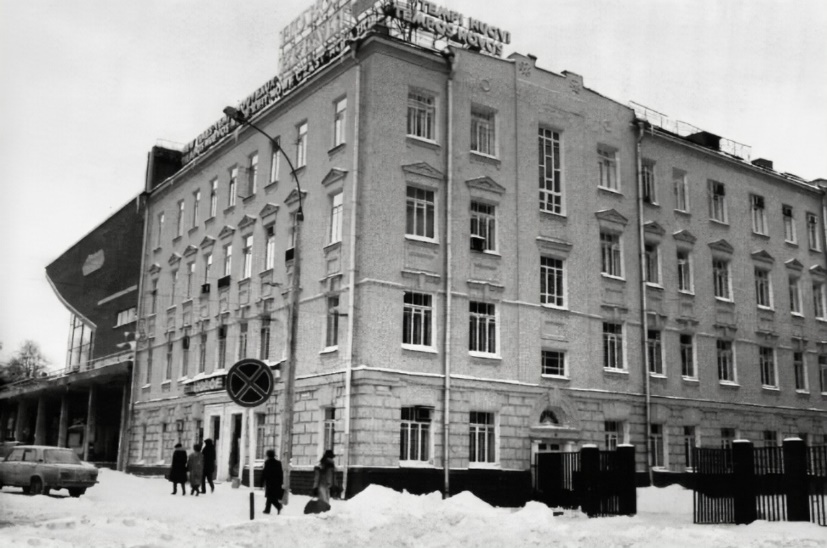
图为莫斯科东方大学旧址
1926年秋,北伐战争如火如荼。中国共产党积极配合国民革命军的北伐行动。正在莫斯科东方大学进修的彭干臣收到党组织的指示,提前回国参加北伐。
In the autumn of 1926, the Communist Party of China and the National Revolutionary Army were cooperating closely when the Northern Expedition was in full swing. Peng Ganchen was studying at the Eastern Laborer Communist University in Moscow then. Upon receiving the order from the Party, he suspended his studies and returned to China for the battle.
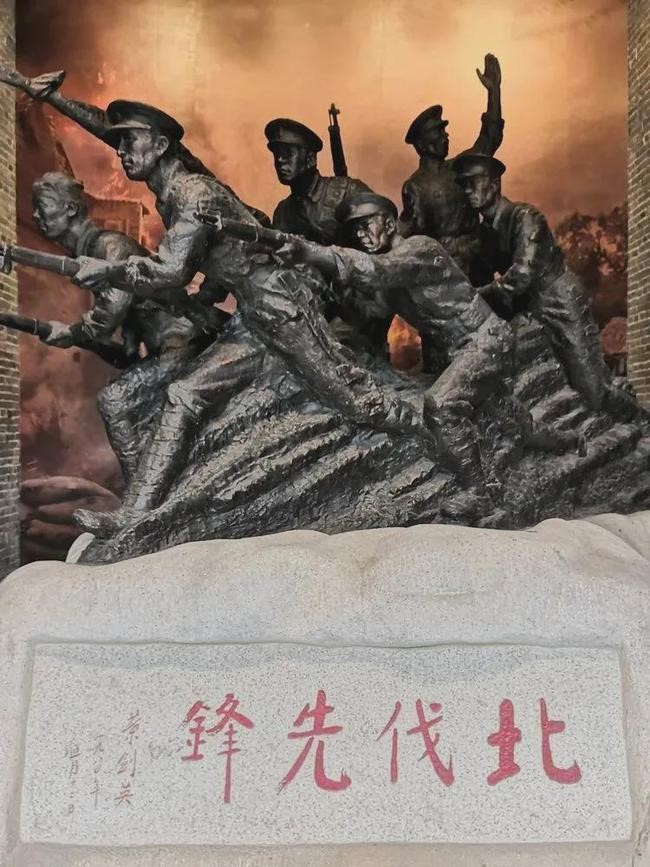
图为北伐先锋雕塑
彭干臣回国后,被派到叶挺独立团工作。当时该团已占领长沙等地,正向粤汉路上的军事要隘汀泗桥进军。直系军阀部分主力已赶到武汉,准备死守汀泗桥,企图凭借汀泗桥要隘,求得暂时的喘息,一待援军赶到,再大举反攻。北伐军必须迅速夺取汀泗桥,才能彻底打破敌军死守待援、伺机反扑的如意算盘。但北伐军苦战一天,仍未取胜。面对十万火急的军情,彭干臣急中生智,大胆向上级提出建议,组织“共产党员敢死队”冲锋陷阵。他的建议立刻被接受。接下来的战斗中,彭干臣带领敢死队身先士卒。虽然在激战中他腰部负伤,但坚持不下火线。独立团最终拿下了汀泗桥,彭干臣也荣立战功。10月10日,彭干臣跟随着北伐军顺利攻克了武昌城。叶挺独立团被扩编为国民革命军十四师,镇守武昌,叶挺为卫戍司令,彭干臣任卫戍司令部参谋长。
Peng Ganchen was assigned to the Ye Ting Independent Regiment. Having reclaimed Changsha and other places, the regiment was marching towards the Tingsi Bridge – an important point along the Canton-Hankow railway. By then, part of the enemy's main force had rushed to Wuhan, ready to defend the bridge while waiting for the reinforcements. As a result, the Northern Expeditionary Army needed to quickly reclaim the bridge, or the enemy would be able to launch a vicious counterattack. However, they failed to do so after a whole day's fight. At that desperate moment, Peng boldly suggested organizing a troop of communists to venture their lives on the task. His suggestion was accepted right away. He led a group of valiant soldiers and set off towards the bridge. Peng stayed at the front line throughout the fierce battle even though his lower back was injured. Eventually, they won the battle, and Peng was awarded a military honor. On October 10th, they managed to reclaim Wuchang City. Later, they were recruited into the 14th Division of the National Revolutionary Army. They were in charge of guarding Wuchang, with Ye Ting being the garrison commander, and Peng Ganchen the chief of staff.
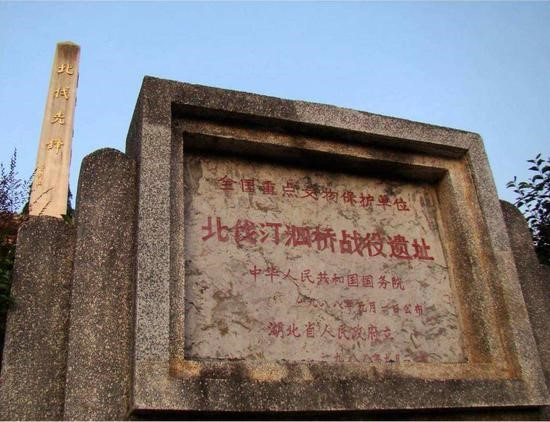
图为北伐定泗桥战役遗址
进攻武昌城的时候,彭干臣意外缴获了一枚指南针。这枚指南针造型精致,在阳光底下闪闪发亮。上级将这件特别的战利品赠予了彭干臣作为奖励。这一宝贵的艺术品,为戎马倥偬、九死一生的战斗生活平添了一份色彩;同时也是一件战斗的辅助工具,在硝烟弥漫、昏天黑地的战场上起到明辨方向的重要作用。彭干臣长期把它带在身边,每次看到它就想起了当年攻打武昌时的成就。
Peng Ganchen seized a compass from the enemy when the troops were trying to retake Wuchang. Later, the military commander rewarded Peng with this instrument. The compass was delicately shaped and looked glittering in the sun. With its artistic look, it brought joy to the cruel, devastating battlefield life. Besides, it helped Peng find directions on the dark battlefield floated with smoke. Peng always brought it with him so that he would remember how he guarded Wuchang City.
1931年5月,彭干臣回上海工作,协助周恩来领导中央军委工作。当时,上海的党组织和革命力量遭到严重破坏,中央军委的活动异常困难。中央被迫决定让周恩来、彭干臣离沪赴革命根据地领导武装斗争。1932年2月,彭干臣离沪赴赣东北苏区,妻子江鲜云则留在上海从事党组织秘密联络员工作。临行前,彭干臣把指南针留给妻子作为纪念,用来宽慰她的思念之情。江鲜云看到指南针时就像看到了久违的丈夫一样。
In May 1931, Peng Ganchen went back to Shanghai to assist Zhou Enlai's work in the Central Military Commission. But by then, the leadership and revolutionary forces of the Party had been severely undermined in Shanghai, making it almost impossible for the central commission to organize any military activities there. So, the CPC Central Committee decided to transfer Zhou and Peng out of Shanghai to lead armed struggles elsewhere. So, in February 1932, Peng left Shanghai for the soviet areas in northeast Jiangxi, while Jiang Xianyun, his wife, stayed in Shanghai and worked as an underground liaison officer. Before leaving, Peng gave this compass to his wife, hoping that it would bring her consolation in their days apart. Whenever Jiang saw the compass, it was as if she saw her husband, though he was thousands of miles away.
不幸的是,彭干臣在赣东北抗日时英勇牺牲。再也没能返回上海。妻子江鲜云始终小心翼翼地保存着这枚指南针,这件小小的战利品彰显着她丈夫战斗一生的光辉业绩。
Sadly, Peng Ganchen lost his life when fighting the Japanese army in northeast Jiangxi and never returned to Shanghai. Jiang Xianyun cherished this compass, which tells the heroic, memorable stories of Peng Ganchen, the mighty, loyal soldier who offered everything for his country.
(中文作者:丁恣然)
我要评论 (网友评论仅供其表达个人看法,并不表明本站同意其观点或证实其描述)
全部评论 ( 条)